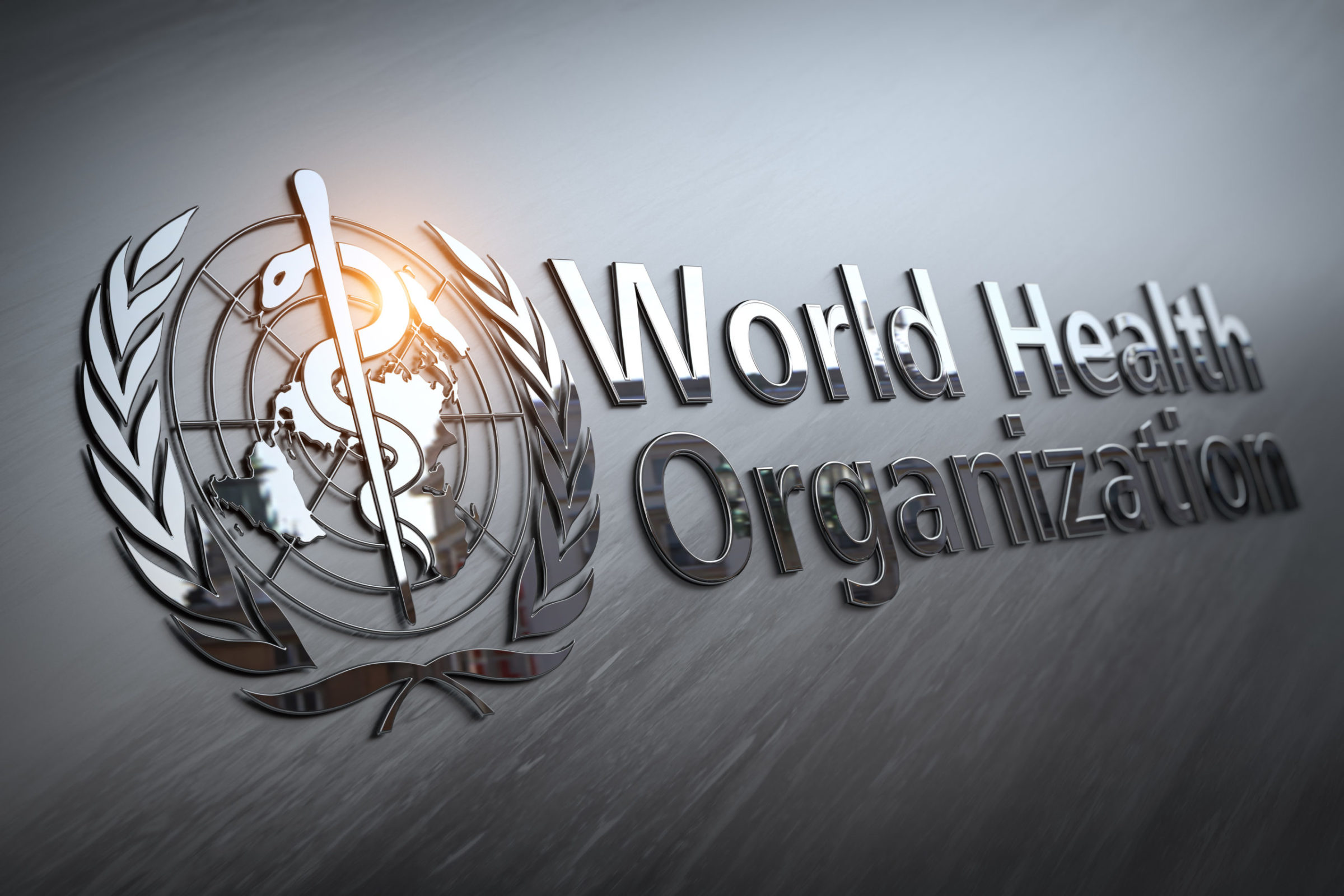WHO Promotes ‘World One Health’ Globalization Treaty
Originally published at National ReviewThe World Health Organization has failed miserably in the COVID crisis — covering for China’s blatant misfeasance and badly muddling public-health communication.
So, of course, it wants more power. The WHO wants us to prepare for future pandemics with a “One Health” international treaty that would foster globalized government. From the WHO press release pushing for “an all of government, all of society approach” to pandemic prevention and combat:
We believe that nations should work together towards a new international treaty for pandemic preparedness and response.
Such a renewed collective commitment would be a milestone in stepping up pandemic preparedness at the highest political level. It would be rooted in the constitution of the World Health Organization, drawing in other relevant organizations key to this endeavour, in support of the principle of health for all. Existing global health instruments, especially the International Health Regulations, would underpin such a treaty, ensuring a firm and tested foundation on which we can build and improve.
Wellness is now the grand excuse for power grabbing. Moreover, the concept of health has become entirely malleable. That allows fighting future pandemics to become conjoined (impliedly) with combatting climate change and radical environmentalism (my emphasis):
It would also include recognition of a “One Health” approach that connects the health of humans, animals and our planet. And such a treaty should lead to more mutual accountability and shared responsibility, transparency and cooperation within the international system and with its rules and norms.
That’s known as a real power grab.
None other than Anthony Fauci described the utterly radical nature of globalists’ plan in an article he co-authored for Cell (again, my emphasis):
Living in greater harmony with nature will require changes in human behavior as well as other radical changes that may take decades to achieve: rebuilding the infrastructures of human existence, from cities to homes to workplaces, to water and sewer systems, to recreational and gatherings venues.
In such a transformation we will need to prioritize changes in those human behaviors that constitute risks for the emergence of infectious diseases. Chief among them are reducing crowding at home, work, and in public places as well as minimizing environmental perturbations such as deforestation, intense urbanization, and intensive animal farming.
Equally important are ending global poverty, improving sanitation and hygiene, and reducing unsafe exposure to animals, so that humans and potential human pathogens have limited opportunities for contact.
Oh, is that all?
Look, I am all for international cooperation in matters of public health. But I am not for ceding the kind of power to unaccountable international agencies and bureaucrats that WHO and Fauci covet. But “The Great Reset” crowd, and the policy enforcers of the emerging corporatocracy, are unquestionably on board.
To say the least, we live in challenging times for individual freedom and personal liberty.
